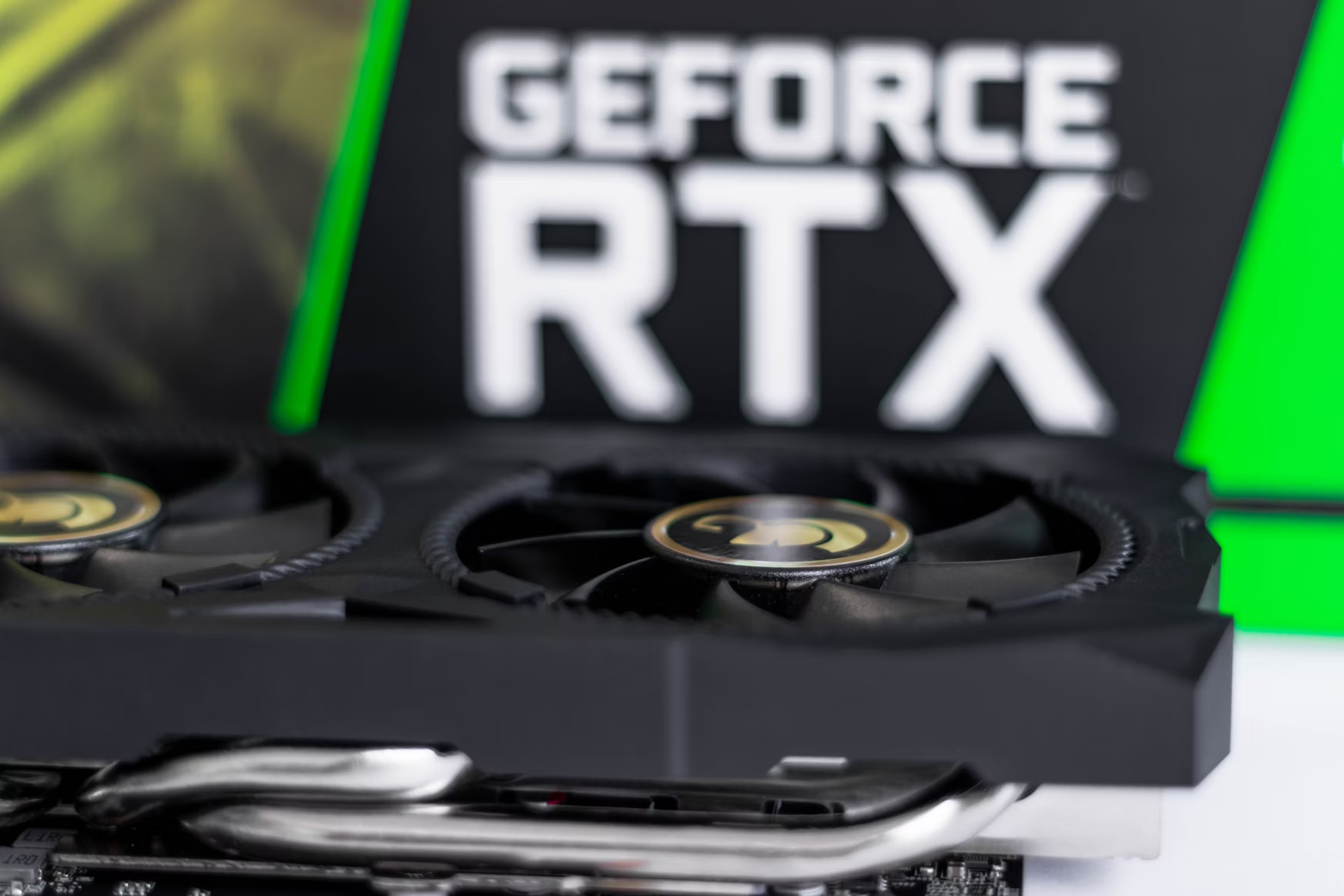
Two Chinese nationals in California, Chuan Geng and Shiwei Yang, both 28, have been arrested and charged with illegally exporting tens of millions of dollars’ worth of artificial intelligence chips, including advanced models made by Nvidia, the Department of Justice announced Tuesday.
The pair exported sensitive technology from October 2022 through July 2025 without the required licenses. Notably, shipments included Nvidia’s H100 GPUs, among the company’s most advanced chips used in AI applications.
U.S. Export Controls on Advanced Chips
The U.S. Department of Commerce has placed these chips under export controls since 2022 as part of broader efforts to restrict China’s access to cutting-edge semiconductor technology.
Nvidia responded that smuggling is a “nonstarter,” stating they primarily sell to well-known partners who comply with U.S. export rules. The company emphasized that even small exporters face thorough reviews and any diverted products lack service or updates.
Geng and Yang’s company, ALX Solutions, was established shortly after U.S. export controls came into effect. Law enforcement searched their California office, seizing phones that revealed attempts to evade export laws by routing shipments through Malaysia.
In December 2024 alone, ALX Solutions made over 20 shipments to companies in Singapore and Malaysia, often used as transshipment points to conceal shipments to China.
The DOJ also found that ALX Solutions did not receive payments from the supposed recipients but instead from companies based in Hong Kong and China.
The FBI and the Department of Commerce’s Bureau of Industry and Security continue to investigate.
Charges and Immigration Status
Geng and Yang face felony charges for violating the Export Control Reform Act, which carries a maximum sentence of 20 years in federal prison. Additionally, Yang was found to be residing illegally in the U.S. after overstaying her visa.
Smuggling of advanced microchips is an increasing concern. A recent Financial Times report revealed that over $1 billion worth of Nvidia chips reached China despite tightened export controls. Nvidia noted that data centers using smuggled chips are a “losing proposition” and do not support unauthorized products.
In response, Malaysia recently announced plans to require trade permits for advanced AI chips imported from the U.S.
Author’s Opinion
This case highlights the ongoing challenge of enforcing export controls on sensitive technologies in a globalized economy. While companies like Nvidia work to ensure compliance, illicit smuggling networks continue to find loopholes. Governments must enhance coordination and enforcement internationally, especially in key transshipment hubs, to prevent critical technologies from reaching unauthorized parties. Protecting advanced tech is vital not only for national security but also for maintaining global technological leadership.
Featured image credit: Christian Wiediger via Unsplash
For more stories like it, click the +Follow button at the top of this page to follow us.
